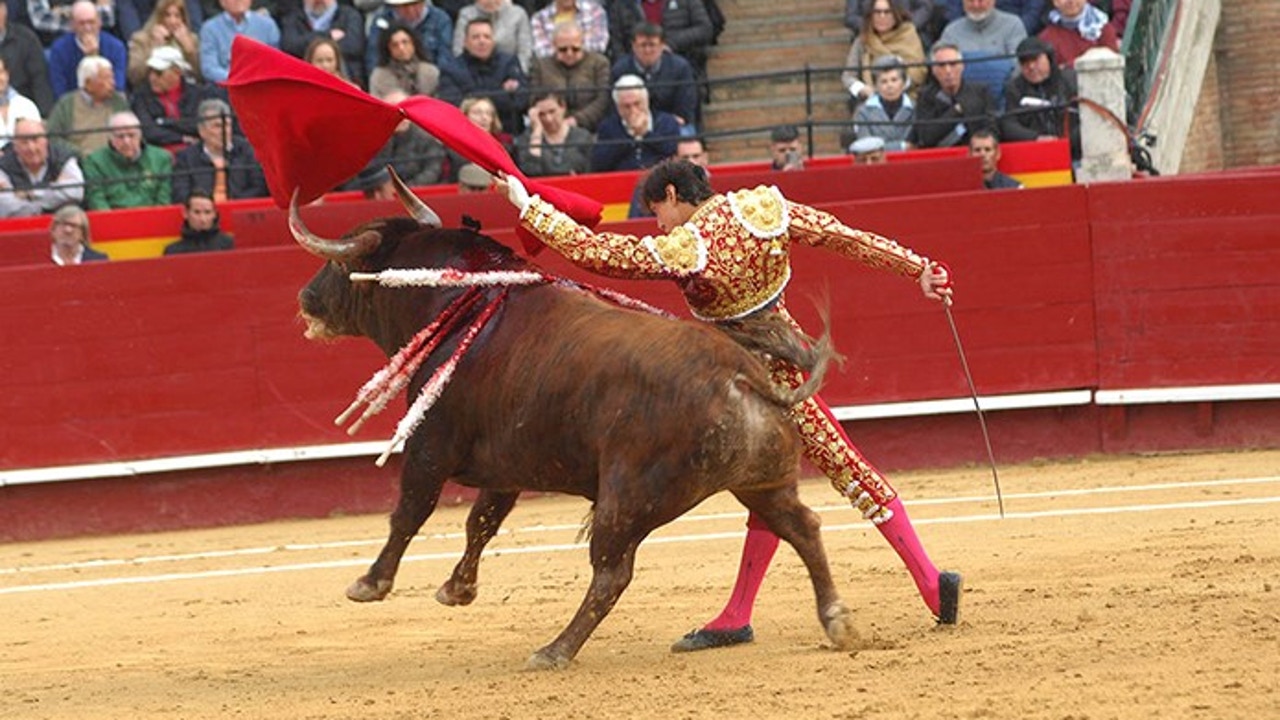Baroque love for times of obligatory distance | Babelia

Romantic love and its limits is one of the most important sources of concern of the new feminism. For him, the relationship between lover and beloved reproduces, even if only on a sentimental level, the most secret laws of patriarchal oppression. It doesn't matter how many flowers or sighs cover it up. But how can you stop feeling what it feels like to be educated in romantic love? Or, rather, how to undertake that journey towards the other in which love consists, without that game of domination and surrender that all romantic love implies?
Colombian Carolina Sanín, one of the most shrewd and uncomfortable thinkers of feminism today, finds an answer that is also a swarm of new questions. Faced with the crisis of romantic love, she bets on baroque love. It does this in fact and not in theory. His new book, Your cross in the desert sky (Laguna Libros), is a story of a love in which the bodies do not touch because they always live on two different continents. Lovers do not know each other, but they guess, between poems and messages on different social networks. Although very soon the mind of the beloved looks for symbols in her readings, in her past, in her dreams, in her travels, in everything she undertakes and surrounds her while she is in love. Thus, this love is always the symbol of another love, of all loves, and the occasion to meet the cross and the deserted sky of the title, symbol of the pain and infertility that this sentimental relationship more than impossible, leaves behind itself in the soul of those who lived it.

The cross and the desert of the title is not a chance. This terribly contemporary story not infrequently reminds us of the mystical delusions of Teresa of Ávila and Saint John of the Cross. Not surprisingly, the protagonist teaches Shakespeare and also searches, in the works of the English playwright, for the remains of the beloved. It also does so in the splendid colonial churches and monasteries of Oaxaca. As well as in the sonnets of the also baroque Quevedo, in Your cross in the desert sky The reality of the beloved or of the beloved matters little, because it is just their distance that the text guarantees. The lover is only a justification for writing this book. One more guest to the holy and perverse game of loving in pure words. Thus, love is a succession of symbols and signs that achieve the temperature with which the fusion of the disparate and opposite elements that make up the book is achieved.
In many ways, this novel - let's resign ourselves to calling it that, for lack of a better name - goes back to the 17th century. Century of refinement and plague so different and similar to the one we are living. Perhaps it is not entirely idle to remember that it was in this century that the psychological novel was born. The first one was written by a woman, Madame de Lafayette, and she tells us of a love in which the bodies do not touch either. In The Princess of Clèves Nobody sleeps with anyone, but that absence of body paradoxically forces the characters to face their most hidden truths, until they take their protagonist to the convent first and death at the end.
There are The Princess of Clèves a reflection in which Carolina Sanin's text, obsessed with mirrors, can be seen. Both books remind us that love, and even more sex, is something that happens within the woman's body. That same love and sex that happens outside the man's body. That radical difference, not only anatomical, makes heterosexual love as exciting as it is impossible. When for the man nothing has happened yet, for the woman everything may have already happened. While for men love and sex is something that is done, for women it is something that "is". Thus the protagonist of this book is dedicated to incubating a love within that is a filter through which the world lives. A love that is not an act but an intensity, a chosen captivity, an agreed sentence with himself.
The times of social distancing will see the birth of many loves like this, starring lovers who do not touch each other and who touch everything for that very reason. This book, far from being a art of loving In the era of social distance, it poses the deep breaks, anguishes and paradoxes that this distance forces us to face. Your cross in the desert sky It does not spare us any of the wonder and pain that this new type of distant love, but not cold at all, is bringing us. It thus constitutes a chilling and at the same time endearing vision of a more than near future.
Your cross in the desert sky Carolina Sanín. Laguna Libros. 118 pages. Available in print and digital edition.











